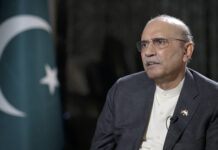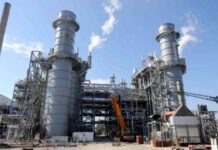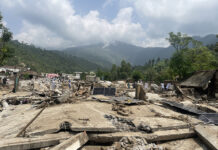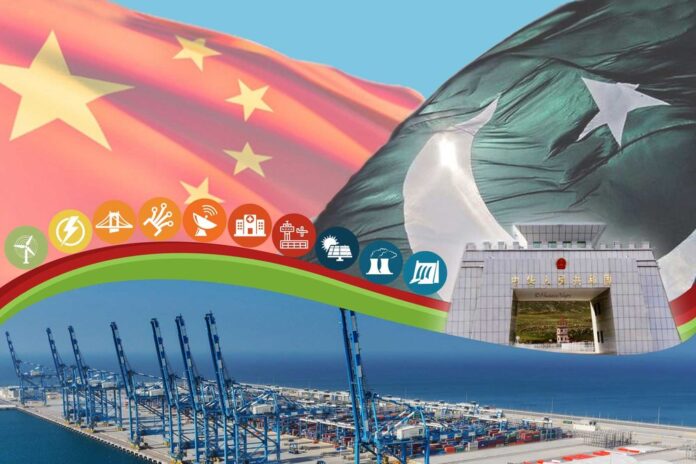Minister for Planning, Development, and Special Initiatives, Professor Ahsan Iqbal, has announced that the 14th meeting of the Joint Coordination Committee (JCC) on CPEC projects will be held on September 26 in Beijing. The meeting will focus on ensuring the effective implementation of the comprehensive Action Plan (2025–2029) agreed upon during the Prime Minister’s recent visit to Beijing.
Describing the four-year strategy as a ‘solid development,’ Iqbal emphasized its role in deepening strategic cooperation and advancing the shared vision of a closer community between Pakistan and China.
“The JCC meeting, scheduled for September 26, 2025, will help advance the agreed Action Plan with more effective decisions and implementation, taking the friendship to the next level,” Iqbal said while launching the Monthly Economic Development Update for September 2025.
During the visit, Iqbal mentioned that an agreement was signed to align five corridors of CPEC Phase-II with the five “Es” of the ‘URAAN Pakistan’ initiative.
Iqbal reported that Rs 150 billion in PSDP funds were authorized, and Rs 46 billion were sanctioned, showing steady progress in development project execution. PSDP expenditure rose by 23.3% to Rs 5.3 billion, compared to Rs 4.3 billion during the same period last year.
He also noted that 86 foreign-aided projects were included in the Federal PSDP, with an allocation of Rs 229 billion, making up 23% of the overall PSDP.
On the development front, Iqbal announced that the Planning Ministry approved five projects through CDWP in August 2025, while nine major projects were recommended to ECNEC. These projects are expected to create 1,466 direct jobs and 31,530 indirect jobs across various sectors.
In July 2025, the Ministry’s focus on cost rationalization in development projects led to savings of Rs 1.13 billion, demonstrating a prudent approach to planning and improved project efficiency.
Iqbal highlighted the launch of the “URAAN AI Techathon” aimed at harnessing the potential of start-ups, universities, and youth in creating scalable AI solutions to contribute to Pakistan’s $1 trillion economy target by 2035.
Additionally, the “Pakistan One National Business Plan Competition” was launched under URAAN to engage 10,000 entrepreneurs and support 500 scalable ventures, driving exports and growth in IT, AgriTech, renewable energy, and manufacturing.
Pakistan’s first Economic Census also mapped 7.2 million establishments and 10 million informal enterprises, providing a landmark data-set for evidence-based policy-making and inclusive growth under the URAAN initiative.
Iqbal also noted the country’s climate vulnerability, mentioning that the 2025 monsoon floods tragically claimed 907 lives and damaged infrastructure in Khyber Pakhtunkhwa, Punjab, and Gilgit-Baltistan. The government swiftly evacuated 2.35 million people and established 1,744 relief camps.
On international engagements, he shared that in August, Pakistan signed the NAVTTC-Hazza Institute of Technology Skills Pact in Beijing to expand training in AI, robotics, and renewable energy, creating over 1,000 jobs under CPEC.
Iqbal also held high-level meetings with Chinese leadership, including the Vice Foreign Minister, reaffirming a people-centric CPEC Phase II aligned with the URAAN Pakistan 5Es framework for industrial and labor development. He discussed advancing cooperation in economic reforms, nuclear energy, space, and Pakistan’s astronaut and lunar missions, emphasizing the growing strategic and technological partnership between both nations.























